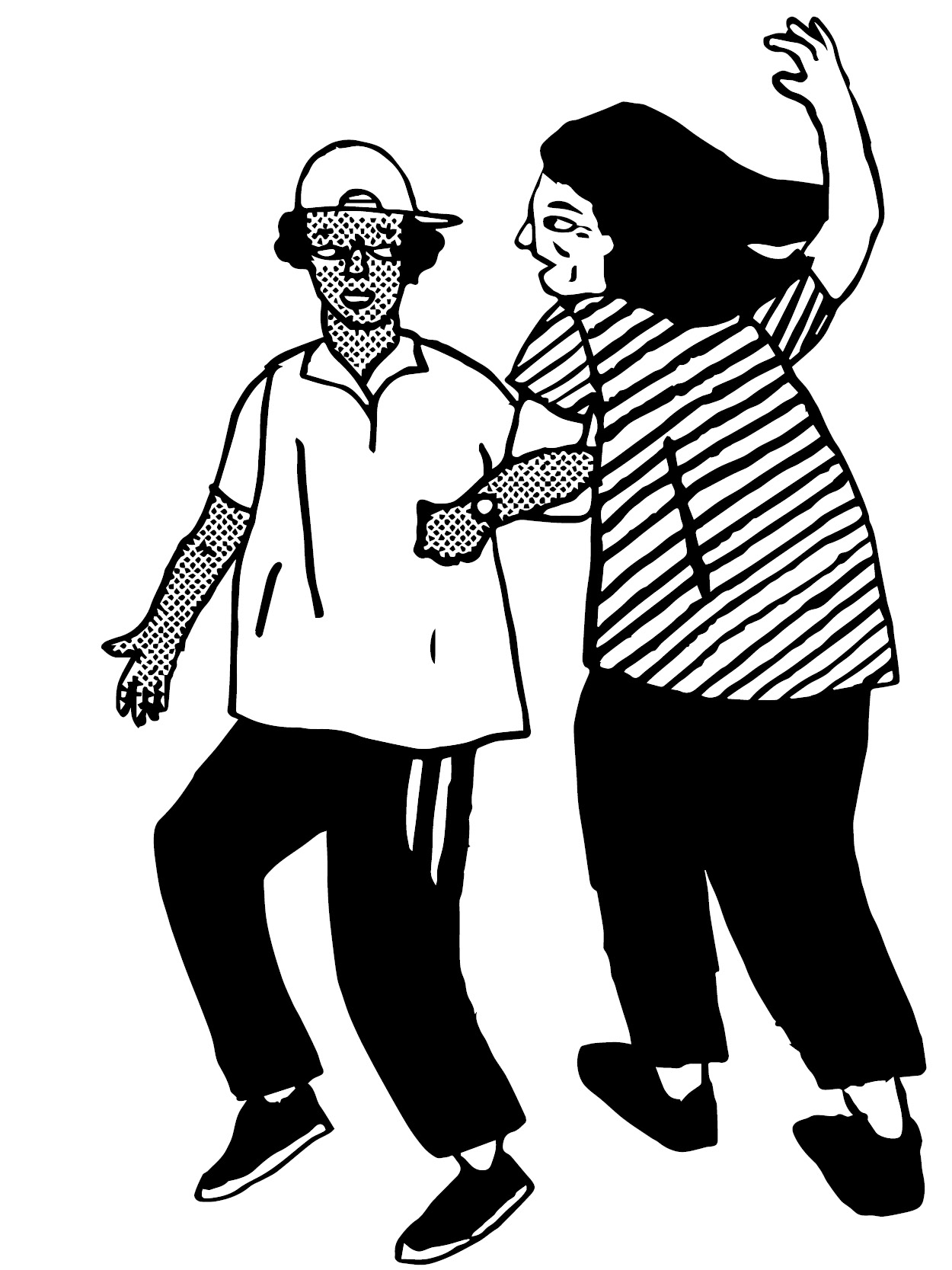Folk Music Journal: Volume 8 Number 4
Folk Music Journal: Volume 8 Number 4
Volume 8 Number 4 (2004) contains the following pieces:
Articles:
Mavis Curtis, A Sailor Went to Sea: Theme and Variations
Clapping games are an important part of the play repertoire of primary-school-age girls. The games give the appearance of great complexity when performed by skilled practitioners. A closer examination of the movements and music shows that children use a relatively small number of movements and tunes to devise a remarkable number of games. Examined here is the most popular of the melodies and the ways in which children utilize it.
Peter Wood, John Barleycorn: The Evolution of a Folk-song Family
Analysis of the early ancestors of the popular folk song 'John Barleycorn' reveals a family of songs, each appearing to be a separate positive act of re-composition based on a common theme. Between the mid sixteenth and early eighteenth centuries at least six separate songs enjoyed circulation in either England or Scotland, until the 'final flowering' in the song we know today. This was of such a quality that it has continued to spread, thrive and diversify by re-creation without another act of major re-composition for a further two-hundred-and-fifty years.
David Atkinson, Folk Songs in Print: Text and Tradition
'Oral tradition' has long been considered a define characteristic of folk song. Yet England has been a text-based society over the whole of the period from which ballads and folk songs are known (often through printed sources). In place of the emphasis on orality, therefore, a characteristic kind of textuality, described here as 'vernacular', unstable, or 'centrifugal', is identified in folk songs, irrespective of whether they are manifested in singing or in print. Unlike the 'literary' texts presented, for example, in Percy's Reliques, individual texts of this kind carry no special textual authority in themselves but rather an inherent reference outwards towards all their other actual and potential manifestations, regardless of format, embracing the possibility of variation as well as of continuity. This kind of vernacular textuality, it is argued, provides an important locus for the instantiation of 'tradition'.
Derek Schofield, Sowing the Seeds: Cecil Sharp and Charles Marson in Somerset in 1903
2003 marks the centenary of Cecil Sharp's first folk-song collecting, in the village of Hambridge in Somerset, with the assistance of the local clergyman Charles Marson. The first song collected, from John England, was 'The Seeds of Love', which Sharp heard him sing in the vicarage garden on 22 August 1903. Although the event is frequently seen as the introduction to Sharp's subsequent collecting and promotion of folk songs, little has been written about the circumstances which caused Sharp to be in the vicarage garden. This present study examines some of Sharp's musical interests in the decade before 1903, including his period as a music teacher at Ludgrove School; his knowledge of folk song at that time; the publication of his song collection A Book of British Song for Home and School; his possible motives for starting his song collecting; his first collecting experiences and the immediate aftermath including his lecture on folk song in Hampstead in November 1903.
Michael Heaney, The Earliest Reference to the Morris Dance?
The author rehearses the fifteenth-century forms of the words for 'morris' as a dance or performance and adduces a new antedating of the earliest occurrence of the word in English, from 1448.
Correspondence
| Peggy Seeger | Lomax in London |
| Chris Heppa | Neglected Pioneer |
| E C Cawte, Gordon Ridgewell | Watching Cecil Sharp at Work |
| Gordon Ridgewell, Michael Heaney, Bob Ross | Review of 'Step Change' |
Reviews — Books
| Brian Audley | The Petrie Collection of the Ancient Music of Ireland (David Cooper) |
| Caroline Parry | Acadian Legends, Folktales and Songs from Prince Edward Island(Georges Arsenault) |
| Michael Pickering | Romancing the Folk (Benjamin Filene) A Race of Singers (Bryan K Garman) Strike Songs of the Depression (Timothy P Lynch) |
| Michael Yates | Songs of the Ridings (Mary and Nigel Hudleston) |
| Roy Palmer | A Book of Scattered Leaves. Volume 2 (James Hepburn) |
| Keith Chandler | Fiddling Way Out Yonder (Drew Beisswenger) |
| E C Cawte | The Lancashire Pace-Egg Play (Eddie Cass) Room, Room, Ladies and Gentlemen (Eddie Cass and Steve Roud) The Mummers of Wexford (James Parle) |
Reviews — Sound Recordings
| Christopher Heppa | World Library of Folk and Primitive Music: Aragon and Valencia (Alan Lomax Collection) |
| Arthur Watson | Travellers' Tales (Mike Yates) |
| Keith Whiddon | From Puck Fair to Appleby (Jim Carroll and Pat Mckenzie) |
Reviews — Electronic Resources
| Peter Millington | The James Madison Carpenter Collection Online Catalogue |
Shorter Notices
| Michael Heaney | Béaloideas: The Journal of the Folklore Society of Ireland, 70 (2002) John Clare and the Folk Tradition (George Deacon) May Day to Mummers: Folklore and Traditional Customs in Oxfordshire(Christine Bloxham) Folklore of the Welsh Border (Jacqueline Simpson) |
Obituary
| David Gregory, Peter Kennedy, Shirley Collins | Alan Lomax |
| Gwilym Davies | Wisdom ('Wiggy') Smith |
| Heather Horner | Frederick Charles Jordan |
| John Moulden | Paddy Tunney |
Cover illustration: John England. Photograph from Vaughan Williams Memorial Library.
Editor: Michael Heaney
Support us, and support the folk arts
We champion folk music and dance at the heart of cultural life, all across England.
Donations provide immediate support. But even more than that, they prove that so many people value what we do – helping us to secure funding from partner organisations.
Can you donate today?









